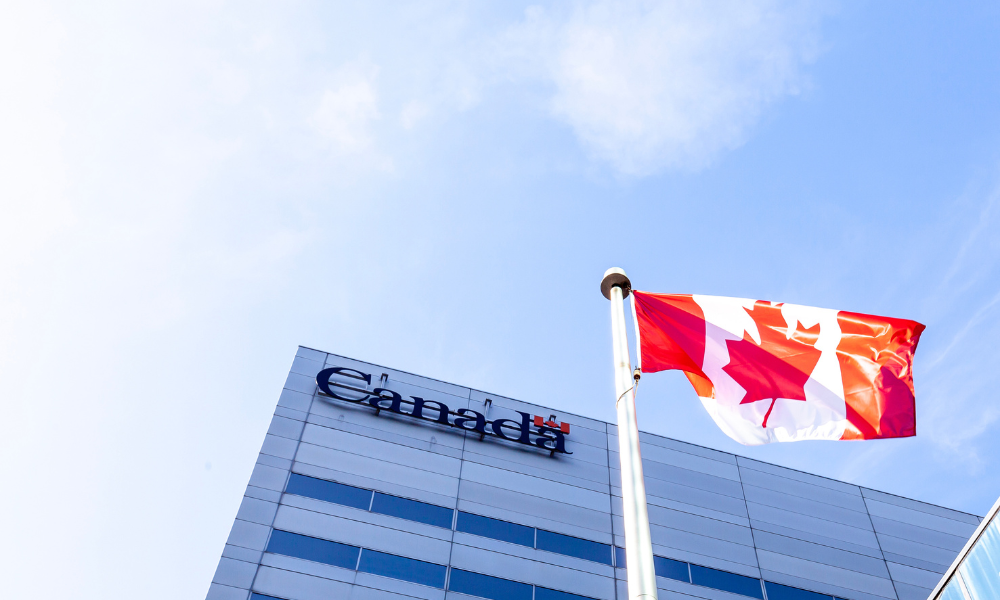Rising fee pressures are increasing managers’ willingness to adopt the model

The seemingly unstoppable shift toward low-cost passive investing is putting pressure on active managers to offer lower fees. But there’s one fee model that can let managers appease clients while still limiting the impact on their bottom line.
Performance fees, which link the amount managers charge with the degree to which they can beat the market, are not that popular among mutual funds, according to the Financial Times. Based on figures from Morningstar, fewer than 4% of assets in US mutual funds employ such fees, which are usually small when compared to guaranteed flat management fees.
But according to Morningstar analyst Jeffrey Ptak, “stepping off the gravy train” is becoming a more acceptable notion for active managers. “This could be a way of differentiating yourself and clearly demonstrating a value proposition,” he said.
Given the widespread fee compression reported during the recent earnings season, shareholders looking to salvage profits are becoming more open to radical moves by asset managers. The Times reported that US$500-billion manager AllianceBernstein filed to launch a performance-based series of six mutual funds last year, and at least one other similarly sized firm plans to follow suit in the coming months.
In Europe, however, performance fees are falling out of favour. Both the European Commission and UK’s parliament considered an outright ban on such fees earlier this decade. The UK’s Financial Conduct Authority has also criticized the model, saying that customers find such fees bamboozling and there’s been little evidence that they actually make managers perform better.
Still, such fees appear to be the fairest compromise. As they become more widely adopted, regulators should scrutinize asset managers to ensure transparency and good faith. Managers, on the other hand, will also want to be careful in adopting such fees to make sure they won’t be abused or manipulated.
Of course, it might be a while before old fee structures give way to the new. Morningstar calculates that US$257 billion have been pulled out from active US equity funds in the past 12 months, but there’s still a remaining asset pool of US$3.8 trillion.
For more of Wealth Professional's latest industry news, click here.
Related stories:
Are smart-beta fund providers over-promising on returns?
Goldman Sachs biggest loser in global mutual fund sales
Performance fees, which link the amount managers charge with the degree to which they can beat the market, are not that popular among mutual funds, according to the Financial Times. Based on figures from Morningstar, fewer than 4% of assets in US mutual funds employ such fees, which are usually small when compared to guaranteed flat management fees.
But according to Morningstar analyst Jeffrey Ptak, “stepping off the gravy train” is becoming a more acceptable notion for active managers. “This could be a way of differentiating yourself and clearly demonstrating a value proposition,” he said.
Given the widespread fee compression reported during the recent earnings season, shareholders looking to salvage profits are becoming more open to radical moves by asset managers. The Times reported that US$500-billion manager AllianceBernstein filed to launch a performance-based series of six mutual funds last year, and at least one other similarly sized firm plans to follow suit in the coming months.
In Europe, however, performance fees are falling out of favour. Both the European Commission and UK’s parliament considered an outright ban on such fees earlier this decade. The UK’s Financial Conduct Authority has also criticized the model, saying that customers find such fees bamboozling and there’s been little evidence that they actually make managers perform better.
Still, such fees appear to be the fairest compromise. As they become more widely adopted, regulators should scrutinize asset managers to ensure transparency and good faith. Managers, on the other hand, will also want to be careful in adopting such fees to make sure they won’t be abused or manipulated.
Of course, it might be a while before old fee structures give way to the new. Morningstar calculates that US$257 billion have been pulled out from active US equity funds in the past 12 months, but there’s still a remaining asset pool of US$3.8 trillion.
For more of Wealth Professional's latest industry news, click here.
Related stories:
Are smart-beta fund providers over-promising on returns?
Goldman Sachs biggest loser in global mutual fund sales



